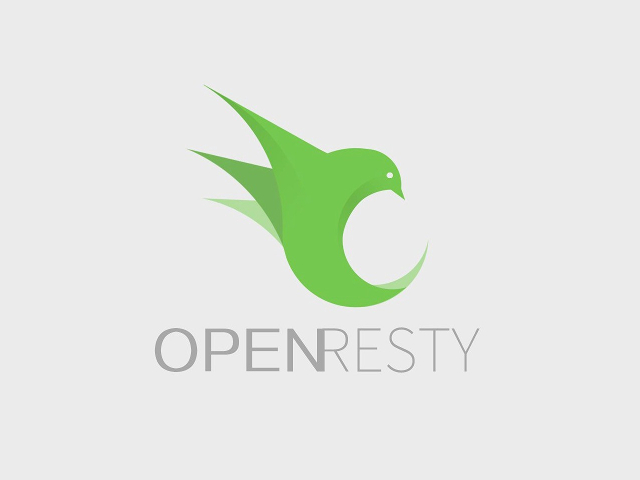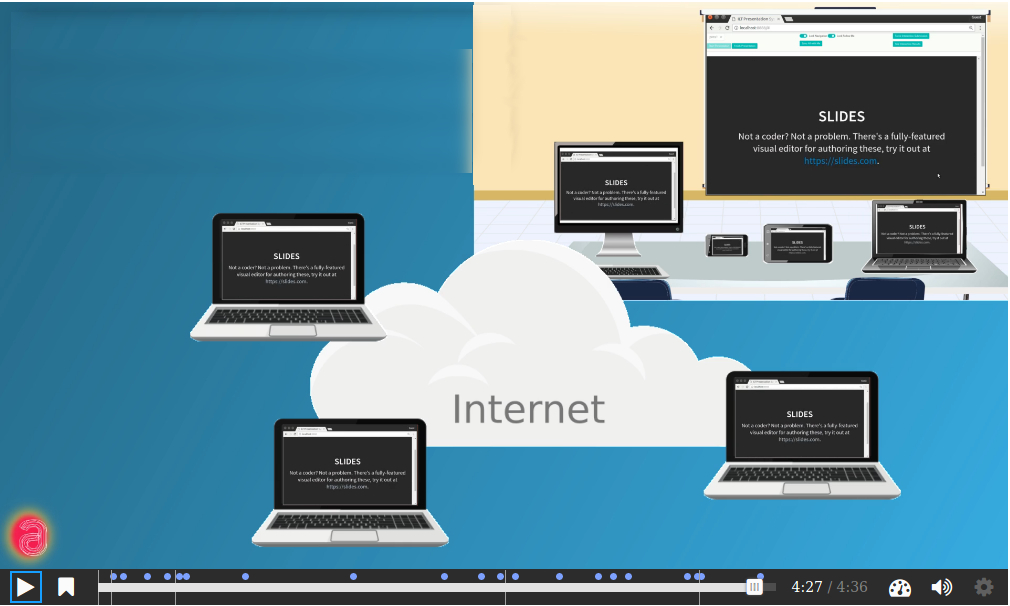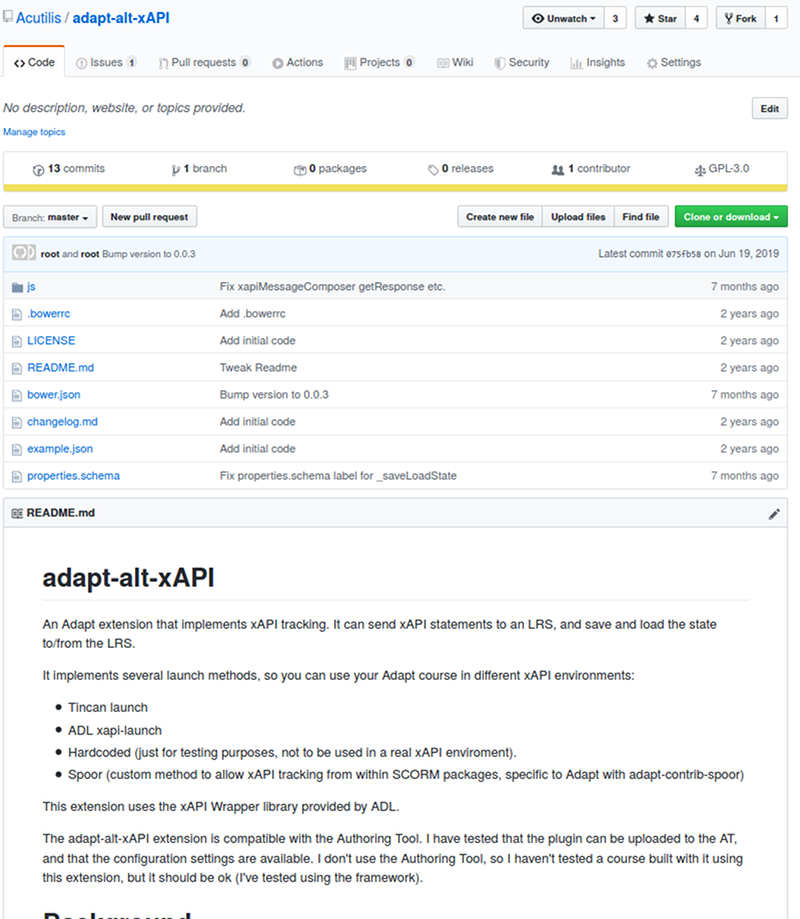OpenResty Overview
A brief overview of OpenResty, a web platform that integrates Nginx, LuaJIT, and various Nginx modules. With it, you can build scalable and very high-performance web applications, web services, and dynamic web gateways. Maybe you have not heard about OpenResty, and indeed, this web platform is not as widely known as others. But in various forms it is used in very demanding environments by very high-profile companies. Perhaps one of the reasons why it has gone under the radar for many, is because its genesis and initial growth took place in China.






